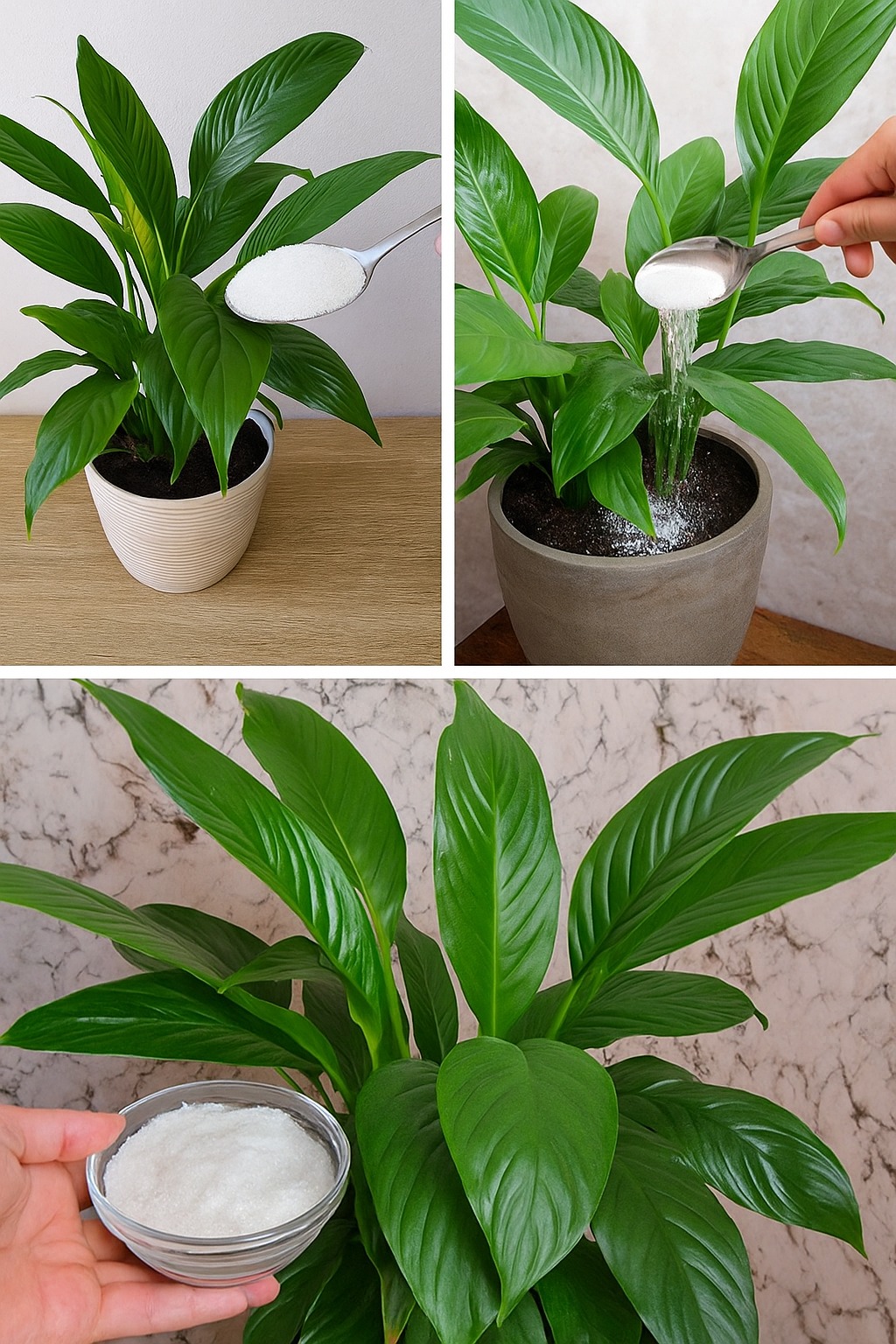Peace lilies (Spathiphyllum) are among the most popular houseplants due to their graceful white blooms and lush green leaves. However, even these resilient plants can sometimes struggle to thrive, losing their vibrancy and failing to flower. If your peace lily looks dull, leggy, or isn’t blooming as it should, there is a surprisingly simple method that can revive it — adding just one special tablet to your watering routine.
This article explains why peace lilies sometimes lose their vitality, what the tablet does to help, and how to use it correctly to encourage lush growth, deep green leaves, and abundant flowers all year round.
Why Peace Lilies Sometimes Struggle
Although peace lilies are known for their adaptability and ease of care, several factors can cause them to weaken:
Nutrient Deficiency: Over time, the nutrients in the potting soil get used up, leading to pale leaves and fewer flowers.
Poor Soil Health: Compacted or old soil loses aeration and drainage, affecting root health.
Inconsistent Watering: Peace lilies prefer moist, well-draining soil but can suffer if water is irregular or excessive.
Lack of Essential Minerals: Certain minerals like calcium, magnesium, and trace elements are vital for photosynthesis and flowering.
When these issues arise, the plant’s leaves can turn yellow or pale green, growth slows, and flowering may stop altogether.
What Is the Tablet?
The “tablet” referred to here is a slow-release fertilizer tablet specially formulated for houseplants like peace lilies. These tablets contain a balanced mix of macro and micronutrients, including nitrogen, phosphorus, potassium, magnesium, calcium, and trace elements, which are essential for vibrant plant growth and flower production.
Unlike liquid fertilizers, these tablets dissolve gradually when watered, releasing nutrients steadily over several weeks. This slow release prevents nutrient burn and ensures the plant receives a constant supply of nourishment.
How Does Adding 1 Tablet Each Time You Water Help?
continued on next page
ADVERTISEMENT

